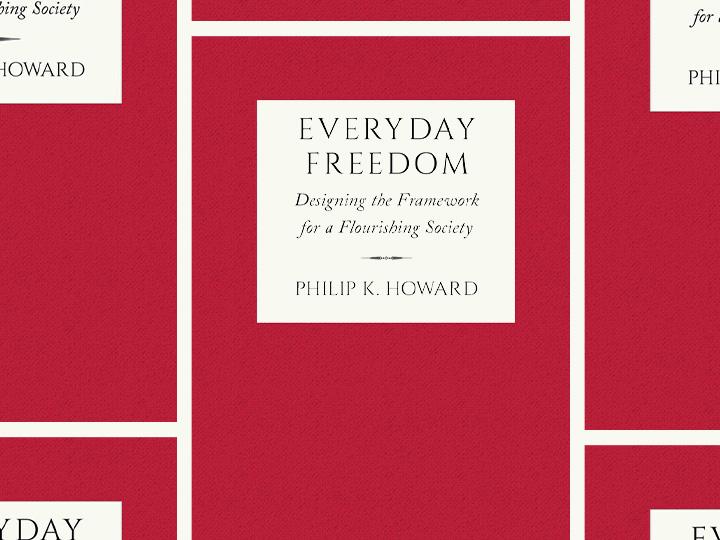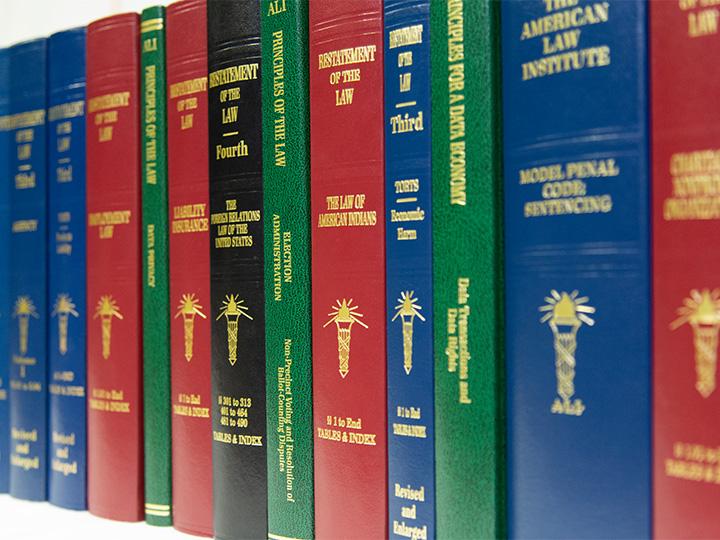Consent is a concept at the center of criminal law and sexual assault. So, why is it so difficult to accurately define? Sexual assault laws have evolved from requiring the victim to resist toward requiring consent. However, “consent” is defined in many ways.
In this episode, two experts on the topic, Criminal Law Professor Aya Gruber and AEquitas Co-Founder and CEO Jennifer Long, discuss and debate the potential for success and failure of implementing an “affirmative consent” requirement, how we now understand that there is no expected behavior during or after a sexual assault, and how important is to treat every case individually.

Aya Gruber
University of Colorado Law School Professor Aya Gruber teaches and writes in the areas of criminal law and procedure, critical theory, feminism, and comparative/international law. Her scholarship focuses primarily on feminist efforts to strengthen criminal law responses to crimes against women.
Her widely taught and frequently cited articles combine insights from practicing as a public defender with extensive research to articulate a feminist critique of punitive and authoritarian laws on violence against women. Her forthcoming book The Feminist War On Crime (U.C. Press 2019), tells the story how feminists, in their quest to secure women's protection from domestic violence and rape, became soldiers in the war on crime and contributors to mass incarceration, and it sketches a path forward for young women, activists, and lawmakers to oppose violence against women without reinforcing the American prison state. Aya received her B.A. in Philosophy from U.C. Berkeley, summa cum laude. She received her law degree magna cum laude from Harvard Law School, where she was an editor on the Harvard Women's Law Journal and Harvard International Law Journal, and founded the Interracial Law Students' Association. University of Colorado Law's mission is to be an outstanding public law school that: provides students with a state-of-the-art legal education and prepares them to serve wisely and with professionalism; advances the development of knowledge through scholarship, testing of new ideas, and challenges to the status quo; and serves as a vehicle and catalyst for meaningful public service…

Jennifer G. Long
Jennifer G. Long currently serves as the Chief Executive Officer of AEquitas, which she co-founded in April 2009 and serves as an expert on issues related to the prosecution of sexual violence and gender-based violence and human trafficking.
She began her career as an Assistant District Attorney in Philadelphia where she prosecuted cases involving adult and child physical and sexual abuse and served on a team in the Family Violence and Sexual Assault Unit. After her departure, she served as an advocate for victims of domestic violence and child abuse in Bermuda and Philadelphia, respectively. Jennifer was a Senior Attorney and then was appointed the Director of the National Center for the Prosecution of Violence Against Women at the American Prosecutors Research Institute at NDAA. Jennifer’s commitment to the identification, implementation and preservation of innovative, research-informed practices led her to co-found AEquitas, where she continues to work with prosecutors, allied professionals, and policy makers across the United States and internationally. Jennifer received her B.A. in in English and East Asian Studies from Lehigh University. She received her law degree and masters in government administration from the University of Pennsylvania Law School and Fels School of Government, respectively. AEquitas' mission is to improve access to and the quality of justice in gender-based violence and human trafficking cases through an informed, practical, and innovative approach.
For a transcript of the full episode, please contact communications@ali.org.



